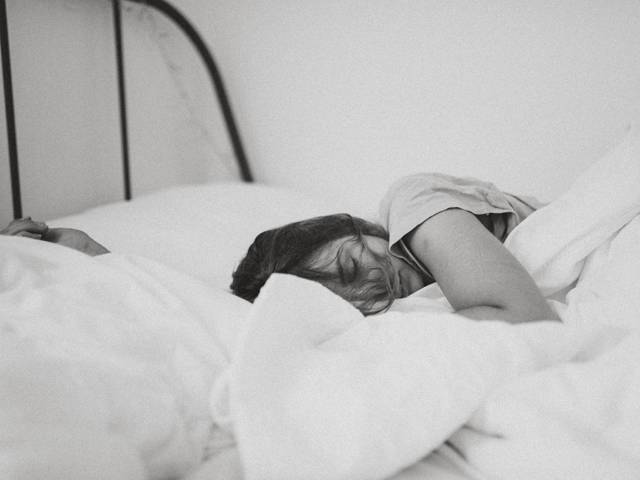Struggling to Sleep

Cheryl Fingleson, The Sleep Coach, says: "We all know the agony of not being able to sleep when you really want to, and the exhaustion that follows a period of bad sleep."
Sleep has a proven contribution to:
1. Good physical health and safety
2. Mental and physical performance and overall wellbeing.
Poor sleep:
1. Erodes work productivity,
2. Affects our economy through absenteeism
3. Allows significant mental health challenges such as anxiety and depression to surface.
The average person needs about eight hours per night whilst children and teenagers need more.
Cheryl's Top Tips:
1. Establish regular bedtimes and rising times
2. We need to pay attention to our bedroom environment, including good window shades.
3. Cover light-emitting electronic devices, including clocks, or better still, remove them from the room entirely.
4. Silence and ignore our phones.
5. Don't make plans, pay bills, do homework, check email, text, watch TV, or anything else in the bedroom besides sleep or sex.
6. Limit naps to no longer than 30 minutes once a day if needed.
7. Whilst alcohol may help some people to fall asleep, it tends to interfere with sleep later in the night.
8. For some people who find their worries surface at night-time, sound advice is to keep a worry notebook alongside the bed. As the anxious thoughts bubble up, you can jot them down and tell yourself that you'll deal with them in the morning. This relieves the worry of having to remember.
Tips for soothing bed time routines include:
1. Adding lavender essential oils to a warm bath
3. Meditation
4. Slow deep breathing
5. Progressive muscle relaxation.
6. Visualize tranquility
7. Practice gratitude.
What to do if you wake up in the middle of the night and cannot go back to sleep?
"Do something boring or inactive such as reading until you feel sleepy," Cheryl says.
For many people, a short period of middle-of-the night wakefulness is normal, after a trip to the toilet or a startling sound. For these clients Fingleson advises they do some breathing exercises or counting backwards from 50 to relax their mind. If you don't fall back asleep fairly quickly she advises they get out of bed.
In most cases, these tips will help achieve good sleep. However, for a small sector of people for whom sleeping and staying asleep has been a more significant health obstacle, this may not be enough. People who suffer from other medical sleep problems such as insomnia know the frustration of months, even years spent tossing and turning in pursuit of an elusive night's rest.
For this group, Fingleson believes falling asleep is a much bigger challenge and before trying any medication one should seek professional help for the correct sleep disorder diagnoses. A variety of treatments exist to relieve chronic sleep disorders or insomnia, including cognitive behavioral therapy, mindfulness-based stress reduction, yoga, herbs and approved medications such as melatonin, valerian and hops.
"It's always a good idea no matter how big or small your sleep challenge maybe, to follow guidelines for a consistent sleep hygiene," Cheryl concludes. "Attending to all of these needs will play a part in a broader approach to our well being."
MORE





